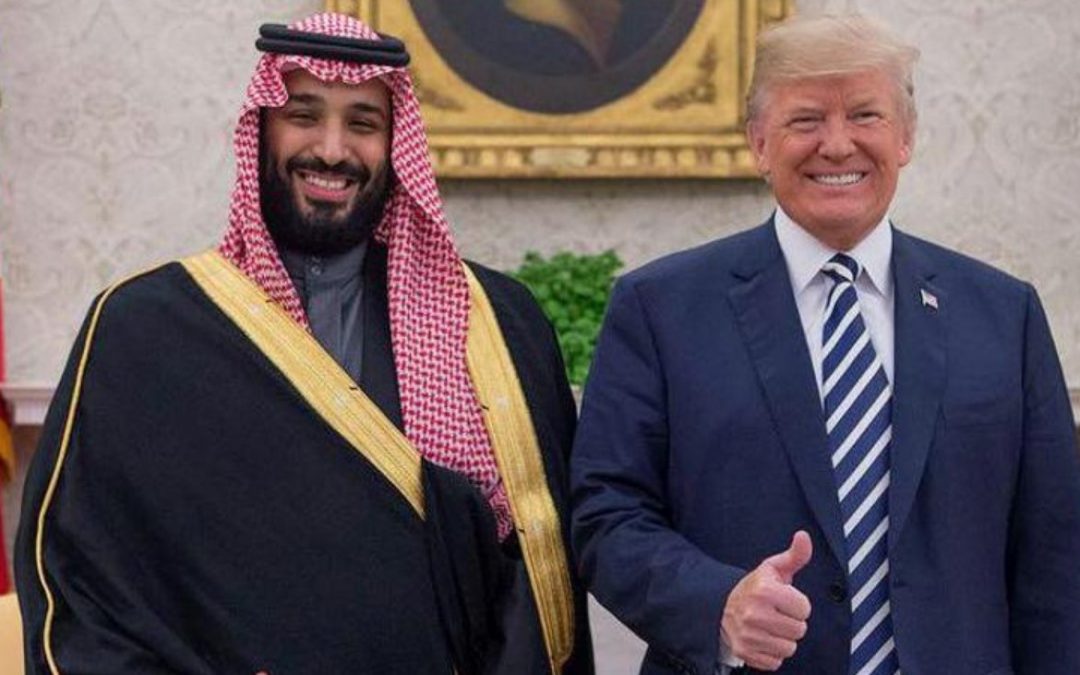The Trump administration pushed a plan to sell nuclear power plants to Saudi Arabia in the months after the inauguration despite objections from members of the National Security Council and other senior White House officials, according to a new report from a congressional committee.
The 24-page report from the House Oversight and Reform Committee is based on internal White House documents and the accounts of unnamed whistleblowers.
It said the objectors — including White House lawyers and National Security Council officials — opposed the plan out of concern that it violated laws designed to prevent the transfer of nuclear technology that could be used to support a weapons program.
Of greater concern to some were potential conflicts of interest on the part of Michael Flynn, the retired Army lieutenant general who was President Trump’s first national security adviser and who consulted with a firm pitching the nuclear plan.
Yet the effort persisted even after Flynn resigned and left the White House, the report found.
The possible sale of nuclear power plants to Saudi Arabia was discussed in the Oval Office just last week.
The meeting included Energy Secretary Rick Perry, representatives from the NSC and State Department, and a dozen nuclear industry chief executives, one of the people present told The Washington Post.
“Multiple whistleblowers came forward to warn about efforts inside the White House to rush the transfer of highly sensitive U.S. nuclear technology to Saudi Arabia in potential violation” of federal law, the Oversight report says.
The report, key elements of which were confirmed by people directly familiar with the matter, cites whistleblowers who said that the Trump appointees “ignored directives from top ethics advisers who repeatedly — but unsuccessfully — ordered senior White House officials to halt their efforts.”
Some Republicans on Capitol Hill bashed the report as inaccurate and politically motivated.
Lobbyists representing the Saudi government reserved blocks of rooms at Trump’s D.C. hotel within a month of Trump’s election in 2016 — paying for an estimated 500 nights at the luxury hotel in just three months.
The report’s release comes at a particularly difficult moment in Saudi-U.S. relations.
In the aftermath of the killing of Washington Post contributing columnist Jamal Khashoggi, Congress has expressed reluctance to continue with a business-as-usual relationship with Riyadh.
Trump has defended Saudi Arabia since before the election, in part because he’s done millions of dollars worth of business there.
Son-in-law Jared Kushner also has a massive amount of business dealings in Saudi Arabia.
Trump registered eight companies during his presidential campaign that were tied to hotel interests in that country.
The companies were registered under names such as THC Jeddah Hotel and DT Jeddah Technical Services, according to financial disclosure filings.
During a rally in 2015, the day Trump created four of those companies, he said he gets along well with Saudi Arabia.
“They buy apartments from me. They spend $40 million, $50 million. Am I supposed to dislike them? I like them very much.”
After his election, Trump said on Fox News he “would want to protect Saudi Arabia.”
